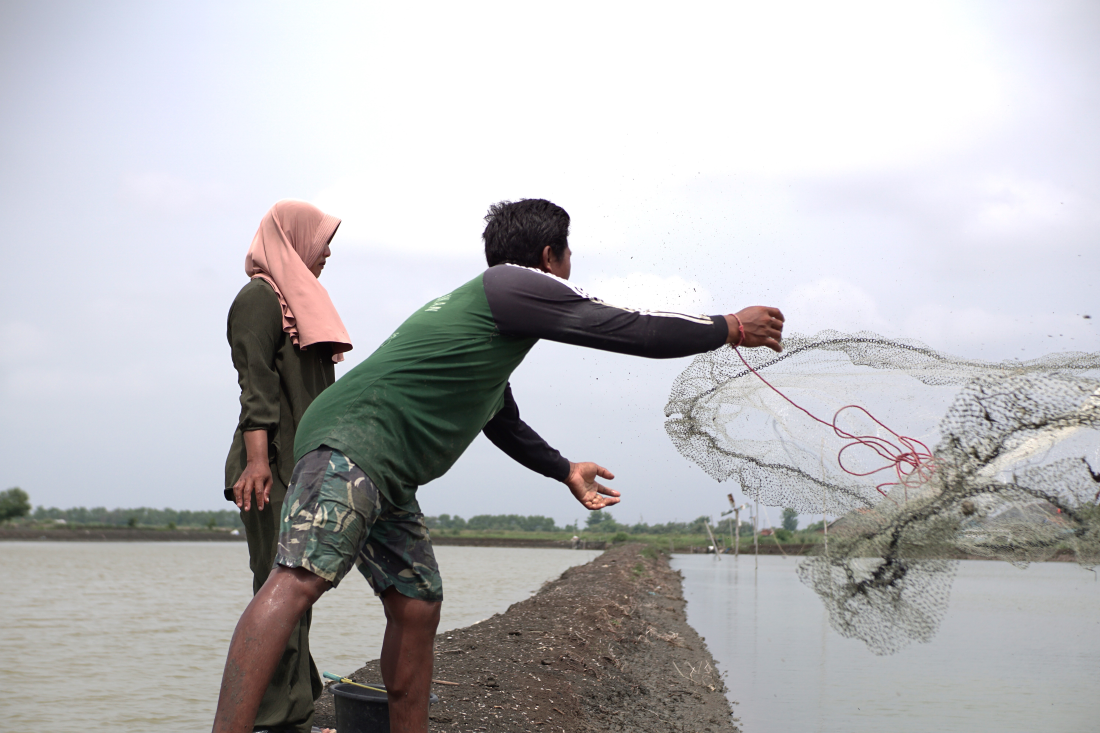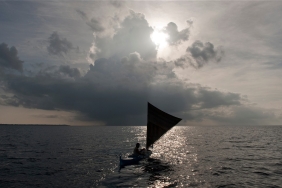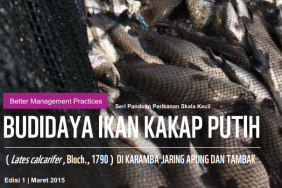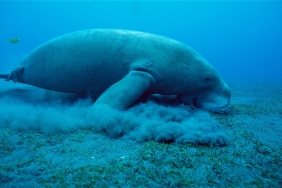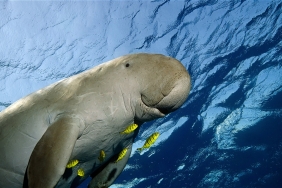TOGETHER TO REALIZE SUSTAINABLE FISHERIES: SEAFOOD SAVERS WELCOME NEW MEMBERS
Indonesia has a variety of important aquaculture commodities, such as vannamei shrimp and seaweed, which are the mainstay of the fisheries sector. To improve the performance of fisheries production, WWF Indonesia Foundation and Seafood Savers initiated the Aquaculture Improvement Program (AIP) to improve sustainable aquaculture practices. Seafood Savers assists businesses in obtaining Marine Stewardship Council (MSC) ecolabel certification for capture fisheries and Aquaculture Stewardship Council (ASC) for aquaculture, which is internationally recognized. Examples are the efforts made by PT SeaSae Solusi Indonesia and PT Winaros Kawula Bahari.
WWF-Indonesia continues to support the implementation of sustainable fisheries practices in Indonesia through the Seafood Savers initiative. Established in 2009, Seafood Savers is a business-to-business platform that engages fisheries producers, buyers, and financial institutions to jointly promote sustainable fisheries businesses and practices.
WWF-Indonesia's Sustainable Fisheries Manager, Achmad Mustofa, said, "Seafood Savers aims to bridge the effort towards sustainable fisheries, which is closely linked to achieving ecolabel certification such as ASC. This program does not only focus on achieving certification but how every business actor and those involved take part in protecting and preserving the environment. This will greatly impact the sustainability of the fisheries business and the surrounding environment will remain sustainable. Most importantly, we are also committed to empowering local communities in every step taken."
PT SeaSae Solusi Indonesia, based in Sidoarjo, East Java, will contribute to the program with seaweed commodities. Meanwhile, PT Winaros Kawula Bahari, based in Pasuruan, East Java, will focus on vannamei shrimp. Both companies are committed to carrying out aquaculture improvement activities in their supply chains following established standards.
Director of PT Winaros Kawula Bahari, Indra Budi Saputra, said, "Going forward, we need guidance from the Seafood Savers team and WWF-Indonesia, which has also started now. This step is a manifestation of our commitment, not only to our customers but also to the social environment of the communities around us."
To achieve ASC certification, each company has a target that must be achieved. Based on the results of the internal gap assessment, the supply chain registered by PT SeaSae Solusi Indonesia met an initial compliance of 25.47% against the requirements of the ASC-MSC Seaweed Standard. Meanwhile, PT Winaros Kawula Bahari, which has farms in Paiton, has so far met 26.06% of the ASC requirements for shrimp. Therefore, both companies still have a long way to go to meet 100% of the ASC requirements or to move towards environmentally and socially responsible aquaculture.
On this occasion, a symbolic donation was made from Uluu to WWF-Indonesia. One of the world's major problems today is plastic waste, and we are working to address it. We created an environmentally friendly and biodegradable plastic replacement material, which is a plastic alternative product made from seaweed." Said Michael Kingsbury, Co-CEO of Uluu. In the implementation of this seaweed fisheries improvement practice, Uluu contributes as a buyer of seaweed produced by PT SeaSae Solusi Indonesia.
The signing of this Cooperation Agreement is a concrete step in supporting sustainable fisheries efforts in Indonesia. With this collaboration, it is hoped that responsible fisheries practices can continue to grow, having a positive impact on the environment, business actors, and surrounding communities. This joint commitment is an important foundation for preserving fisheries resources while advancing a more environmentally friendly fishing industry in the future.

